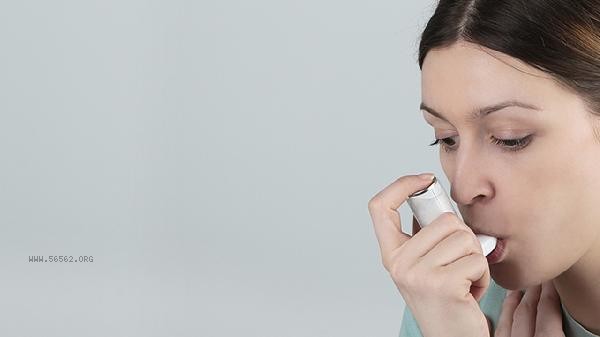The commonly used cough suppressants and expectorants for children with tracheitis mainly include Pediatric Lung Heat Cough and Asthma Oral Liquid, Pediatric Cough and Asthma Ling Granules, Ambrotorol Oral Solution, Acetylcysteine Granules, Pediatric Lung Clearing and Phlegm Resolving Oral Liquid, etc. Childhood tracheitis is often caused by viral or bacterial infections, manifested as symptoms such as cough, sputum production, and shortness of breath. It is recommended that parents take their children to medical attention in a timely manner and use medication reasonably under the guidance of a doctor.

1. Pediatric Pulmonary Heat Cough and Asthma Oral Liquid
Pediatric Pulmonary Heat Cough and Asthma Oral Liquid is composed of traditional Chinese medicine such as ephedra, bitter almond, gypsum, licorice, etc. It has the effects of clearing heat and detoxifying, promoting lung function, and relieving cough. It is suitable for children with symptoms such as cough, yellow and viscous phlegm caused by tracheitis. This medicine can alleviate cough caused by excessive lung heat and has a certain adjuvant therapeutic effect on viral bronchitis. During use, avoid eating spicy and greasy foods to prevent exacerbating phlegm heat.
2. Xiao'er Kechuanling Granules
Xiao'er Kechuanling Granules mainly contain components such as ephedra, gypsum, bitter almonds, etc., which have the effects of promoting lung function, clearing heat, stopping cough and asthma, and are commonly used for symptoms such as cough, asthma, and throat phlegm in children with acute bronchitis. This medicine is helpful in relieving bronchospasm and diluting sputum, but it should be used with caution in children with spleen and stomach deficiency cold. After taking the medicine, mild gastrointestinal reactions such as diarrhea may occur.
III. Ambrotorol Oral Solution
Ambrotorol oral solution is a Western medicine compound preparation containing ambroxol hydrochloride and clenbuterol hydrochloride, which can promote the discharge of respiratory mucus and dilate the bronchi. It is suitable for children with tracheitis who have thick phlegm that is difficult to cough up. This medicine can significantly improve difficulty in expectoration and wheezing symptoms, but may cause side effects such as hand tremors and palpitations. Infants and young children under 2 years old should strictly follow medical advice when using it.
4. Acetylcysteine granules
Acetylcysteine granules exert expectorant effects by breaking down the disulfide bonds of mucin in sputum, and are suitable for children with tracheitis accompanied by a large amount of viscous sputum. This medicine can reduce the viscosity of sputum and make it easier to cough up, but it may cause gastrointestinal reactions such as nausea and vomiting. Children with asthma should use it with caution and ensure sufficient water intake during medication to enhance the expectorant effect.
5. Pediatric Clearing Lung and Resolving Phlegm Oral Liquid
Pediatric Clearing Lung and Resolving Phlegm Oral Liquid is made from traditional Chinese medicines such as ephedra, Chinese wolfberry, and Scutellaria baicalensis. It has the effects of clearing heat and resolving phlegm, stopping cough and asthma, and is mainly used to treat symptoms such as cough, phlegm accumulation, chest tightness, and shortness of breath in children with tracheitis. This medicine can inhibit airway inflammation and promote sputum discharge, but it is not suitable for people with wind cold cough. During the medication period, avoid eating raw and cold foods. During the medication period for pediatric tracheitis, parents should maintain indoor air circulation, maintain appropriate temperature and humidity, and encourage children to drink more warm water to dilute sputum. The diet should be light and easy to digest. Appropriate consumption of snow pear, white radish and other ingredients to moisten the lungs and dissipate phlegm can be used to avoid spicy stimulation and sweet and greasy food aggravating cough. Closely observe medication reactions, and if symptoms such as shortness of breath, persistent high fever, or mental fatigue occur, seek immediate follow-up. During the recovery period, respiratory exercise can be performed appropriately to enhance lung function, but it is necessary to avoid coughing induced by intense exercise.









Comments (0)
Leave a Comment
No comments yet
Be the first to share your thoughts!